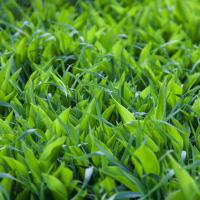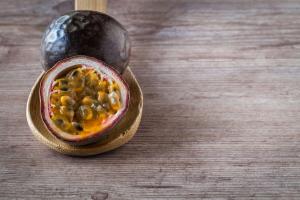Is Swiss Cheese Plant Toxic to Cats?
The Swiss Cheese Plant, also known as Monstera Deliciosa or the Split-leaf Philodendron, is a very popular houseplant for its unique and eye-catching appearance. However, if you are a cat owner, you may be wondering if this plant is harmful to your feline friend.
Cat Safety and Swiss Cheese Plant
If you are a cat owner and have a Swiss Cheese Plant in your home, it is important to know that the plant contains insoluble calcium oxalate crystals. These crystals can cause a range of symptoms when ingested by your cat, including oral irritation, excessive drooling, vomiting, and difficulty swallowing.
If your cat has ingested Swiss Cheese Plant or is showing any of these symptoms, it is important to take them to the veterinarian straightaway. If left untreated, the crystals can cause severe and even life-threatening complications, such as swelling of the throat and airway, or kidney damage.
Preventing Accidents
If you have a Swiss Cheese Plant and share your home with a curious feline, there are some preventative measures you can take to avoid any accidents. Firstly, it is important to place the plant out of reach of your cat, such as on a high shelf or in a room that your cat cannot access. Secondly, if your cat likes to nibble on plants, it is important to provide alternative safe plants for them to chew on, such as cat grass or wheatgrass.
Common Symptoms of Ingestion
If you suspect your cat has ingested Swiss Cheese Plant, there are several symptoms to look out for. These include:
Excessive drooling
Oral irritation
Difficulty swallowing
Vomiting
If your cat displays any of these symptoms, it is important to seek immediate medical attention.
Safe Alternatives
If you are a plant lover and a cat owner, it is always a good idea to research and find safe alternatives to any potential harmful plants. Some examples of non-toxic plants include Spider Plant, Boston Fern, Christmas Cactus, and African Violet. As always, when introducing any new plant to your home, it is important to monitor your cat's behavior and health.
Ultimately, the safety of your cat is the most important thing. By taking preventative measures and being aware of the potential dangers of Swiss Cheese Plant, you can ensure that both you and your cat can enjoy a happy and healthy home environment.

 how many times do yo...
how many times do yo... how many planted tre...
how many planted tre... how many pine trees ...
how many pine trees ... how many pecan trees...
how many pecan trees... how many plants comp...
how many plants comp... how many plants can ...
how many plants can ... how many plants and ...
how many plants and ... how many pepper plan...
how many pepper plan...































